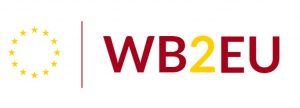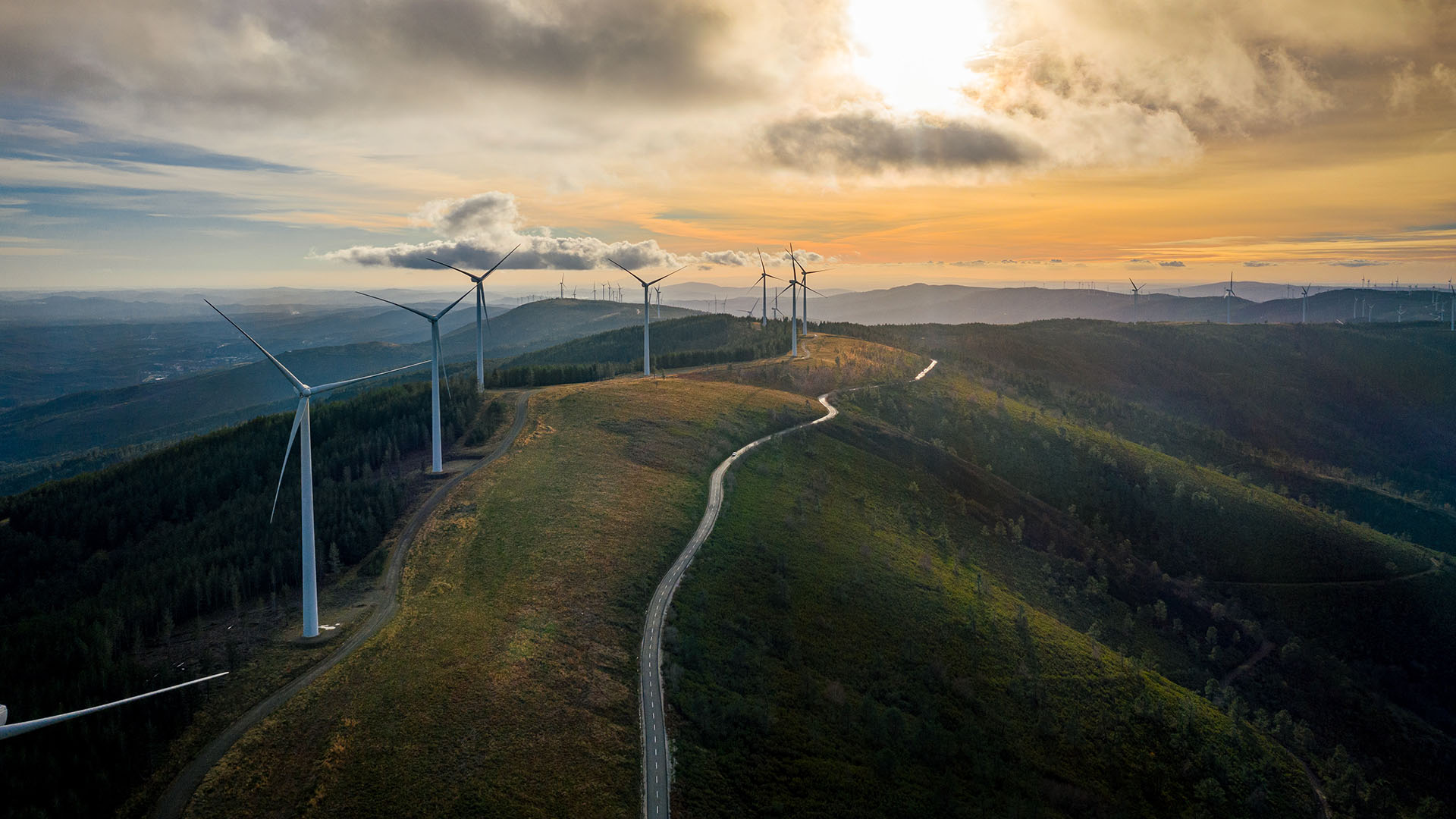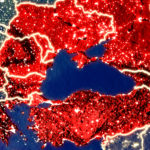Policy Recommendations
- The first step in order to advance the Sustainable Development Goals in the Western Balkans is spurring transnational cooperation between the countries in the region. A set of common targets could harmonise the different legislations and involve more effectively the civil society.
- A transnational network of renewable energy should be seen as a security infrastructure, vital for the independence and autonomy of the whole region. Even if the investments in the field have been delayed by COVID-19 and the war in Ukraine, the Western Balkan countries should build cross-border interconnectors to create a coherent energy grid without holes and dead ends.
- In order to decrease the percentage of young people neither in employment nor in education and training and solve other social problems, the Western Balkan countries should smooth their mobility rules and agree on specific provisions for students and workers willing to spend time abroad.
Abstract
The Sustainable Development Goals (SDGs) are a new ambitious benchmark that the United Nations has adopted to scientifically assess the advancement made by single countries in sustainable growth. The European Union (EU) fully embraces these objectives and is recently anchoring to these international standards many of its plans on sustainability and development. Inevitably, the growing importance of the SDGs for the EU programming and the acquis communautaire has consequences on a wide set of EU policies, including enlargement and accession. Indeed, even though the Copenhagen criteria do not explicitly mention environmental goals, the political dialogue on the SDGs between Brussels and all the EU candidate countries today is vibrant but not much investigated. This Policy Brief aims to shed a light on the relationship between SDGs and the EU policy of enlargement, focusing its attention on the Western Balkan region. The research will analyse the state of the art of the SDGs in different Western Balkan nations on their path for accession, trying to underline differences and similarities, and inquiring whether the implementation of these goals has an impact over the ongoing political dialogue between Brussels and the region.
Download the PDF file from here
The Policy Brief is published in the framework of the WB2EU project. The project aims at the establishment of a network of renowned think-tanks, do-tanks, universities, higher education institutes and policy centres from the Western Balkans, neighbouring countries and EU member states that will be most decisive for the enlargement process and Europeanisation of the region in the upcoming years. The WB2EU project is co-funded by the European Commission under its Erasmus+ Jean Monnet programme.


Photo by Nuno Marques on Unsplash





